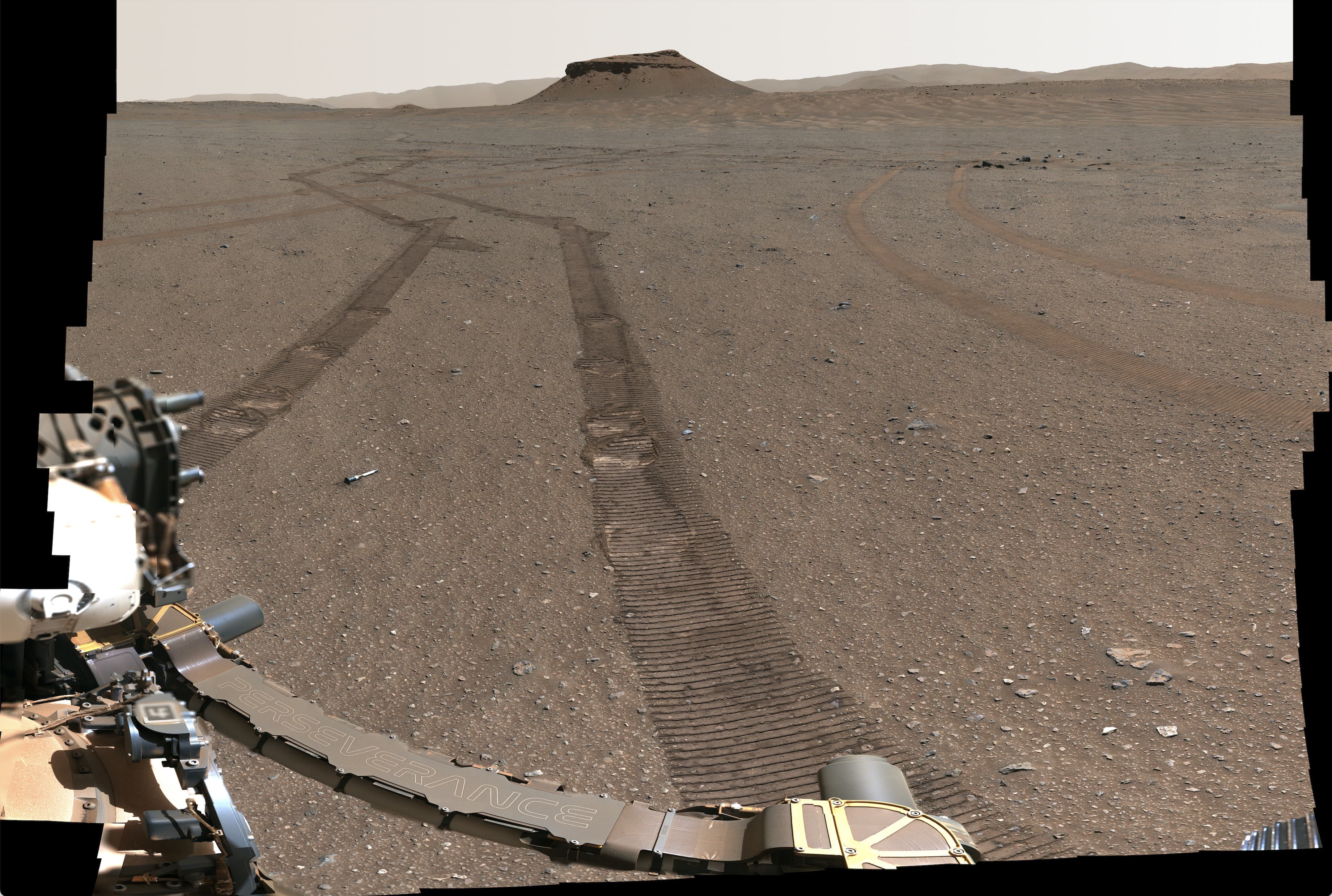Mars Rover Uncovers Strongest Evidence Yet of Ancient Life, Sample Return Mission Uncertain

NASA's Perseverance Rover has identified compelling potential biosignatures within rock samples collected from Mars' Jezero Crater, intensifying the quest for ancient extraterrestrial life. The samples, particularly from a rock named "Sapphire Canyon" in the Cheyava Falls area, exhibit mineral patterns and organic compounds that, on Earth, are often associated with microbial activity. However, the definitive confirmation of these findings hinges on the successful return of these precious samples to Earth for advanced laboratory analysis.
The rover's instruments discovered unusual "leopard spots" and minerals like vivianite and greigite within mudstones from the Bright Angel formation in Neretva Vallis, an ancient riverbed. Joel Hurowitz, a Perseverance scientist and lead author of a paper published in Nature, noted that these chemical reactions, if observed on Earth, could be explained by microbial processes. Nicky Fox, Associate Administrator for NASA's Science Mission Directorate, stated that this finding represents "the closest we've actually come to discovering ancient life on Mars."
Scientists believe the combination of organic carbon, sulfur, oxidized iron, and phosphorus in the sedimentary rocks could have provided a rich energy source for microbial metabolisms. While non-biological processes could also form these minerals, the absence of high temperatures or acidic conditions in the samples makes a biological origin more plausible. The discovery suggests Mars might have been habitable for a longer period than previously thought, extending the search for life to younger rock formations.
Despite the groundbreaking nature of these findings, the path to bringing the samples back to Earth remains fraught with challenges. The Mars Sample Return (MSR) program, designed to retrieve the cached samples, faces significant budget cuts and uncertainties. As Bloomberg Opinion's @fayeflam explained, "The Perseverance Rover has samples of potential ancient life on Mars. The challenge is getting them back to Earth."
NASA is actively exploring cheaper and faster alternatives for the MSR mission, with acting administrator Sean Duffy stating that "all options are on the table." Meanwhile, China is progressing with its own Tianwen-3 mission, aiming to collect and return Martian samples by 2031, potentially outpacing NASA. Scientists emphasize that only Earth-based laboratory studies can definitively confirm the biological versus non-biological origin of these intriguing Martian minerals.